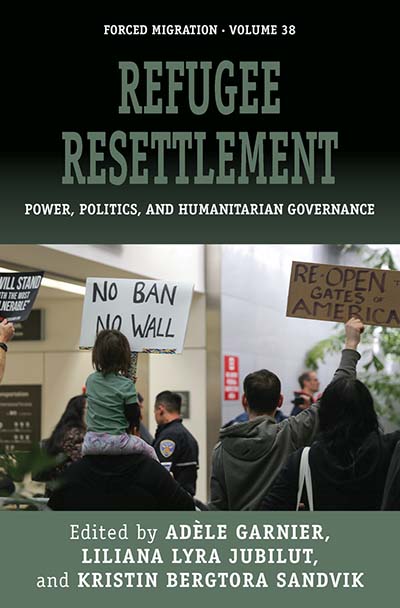-

Transformations of the main road of Dharamsala (McLeod Ganj) in 2001, 2006 and 2014 (Picture from 2014 from Wangchuk) Copyright Thomas Kauffmann
-
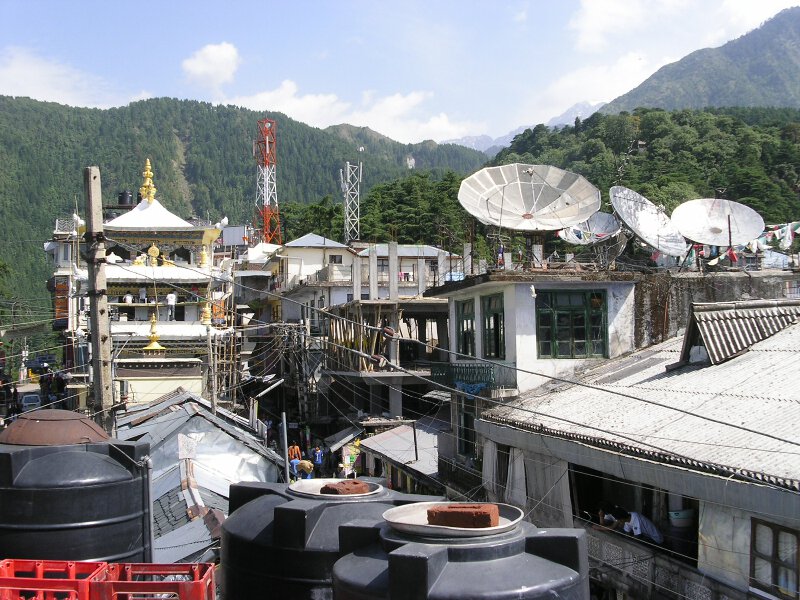
Transformations of the main road of Dharamsala (McLeod Ganj) in 2001, 2006 and 2014 (Picture from 2014 from Wangchuk) Copyright Thomas Kauffmann
-
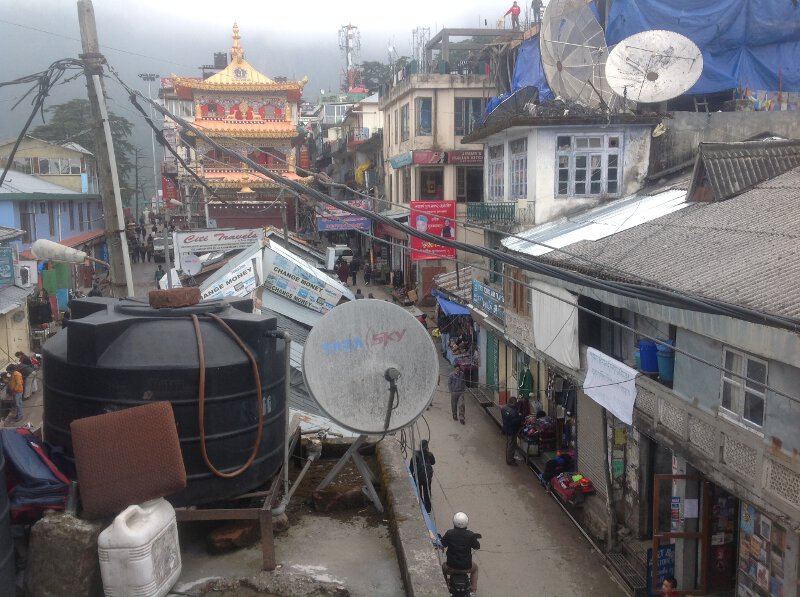
Transformations of the main road of Dharamsala (McLeod Ganj) in 2001, 2006 and 2014 (Picture from 2014 from Wangchuk) Copyright Thomas Kauffmann
-

Reconstruction of Monasteries in exile (Chauntra 2006) Copyright Thomas Kauffmann
-

Reconstruction of Monasteries in exile (The Golden Temple in Bylakuppe 2006) Copyright Thomas Kauffmann
-

Thanking the donors (Chauntra 2006) Copyright Thomas Kauffmann
-

Thanking the donors (Bylakuppe and Darjeeling 2006) Copyright Thomas Kauffmann
-
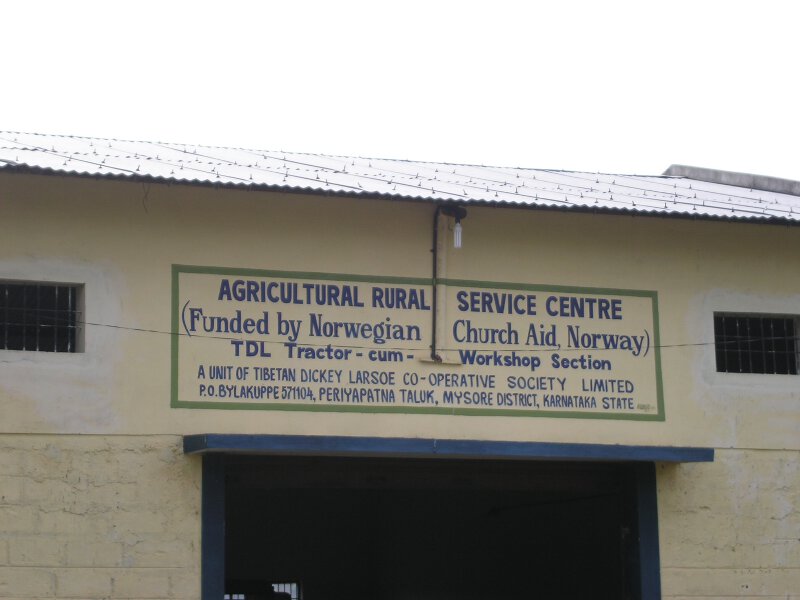
Thanking the donors (Bylakuppe and Darjeeling 2006) Copyright Thomas Kauffmann
-
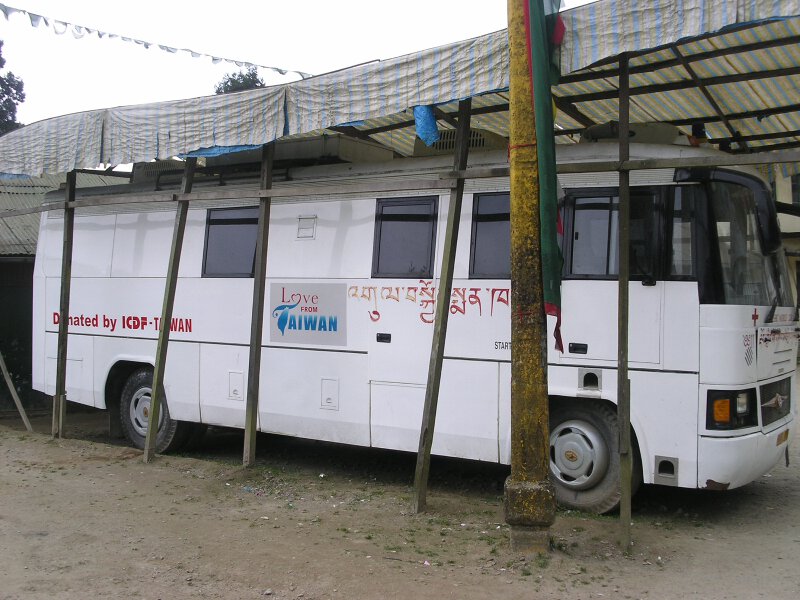
Thanking the donors (Bylakuppe and Darjeeling 2006) Copyright Thomas Kauffmann
-
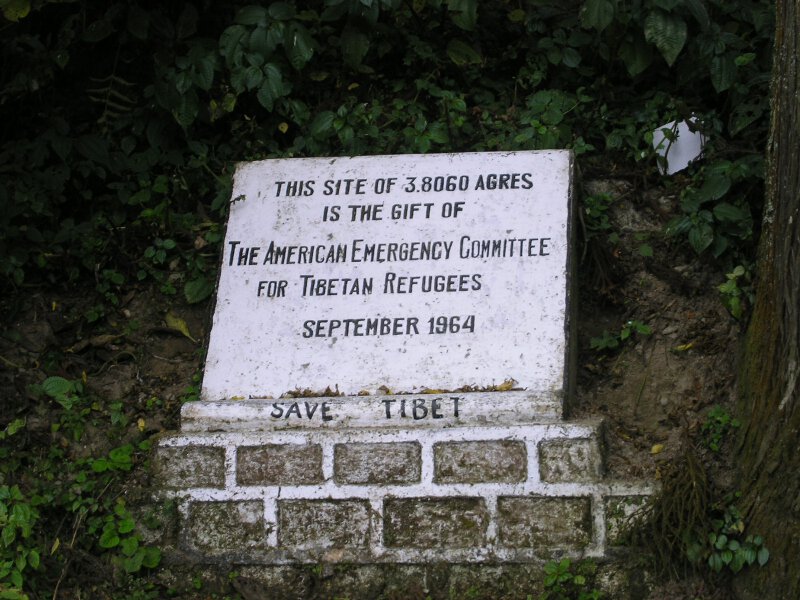
Thanking the donors (Bylakuppe and Darjeeling 2006) Copyright Thomas Kauffmann
-

A house in camp 4 of Bylakuppe settlement (2006) Copyright Thomas Kauffmann
-
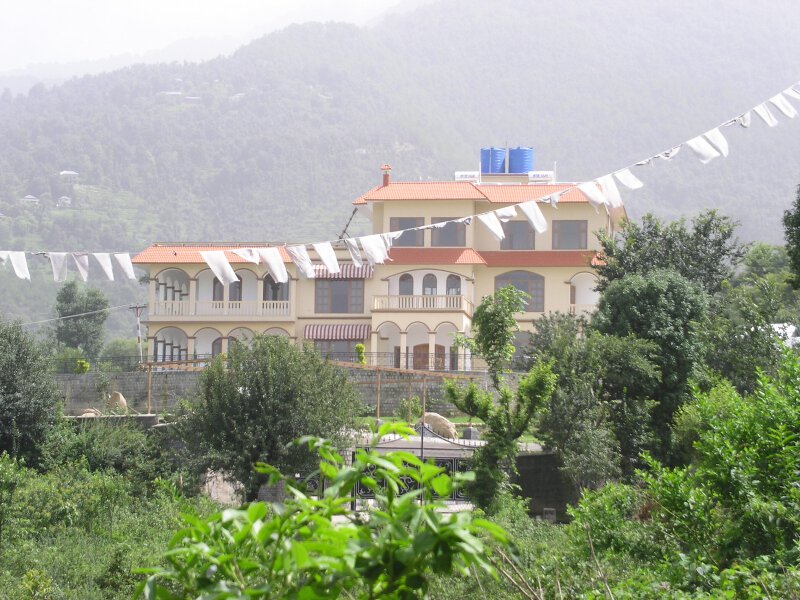
A house in Bir settlement (2006) Copyright Thomas Kauffmann
-
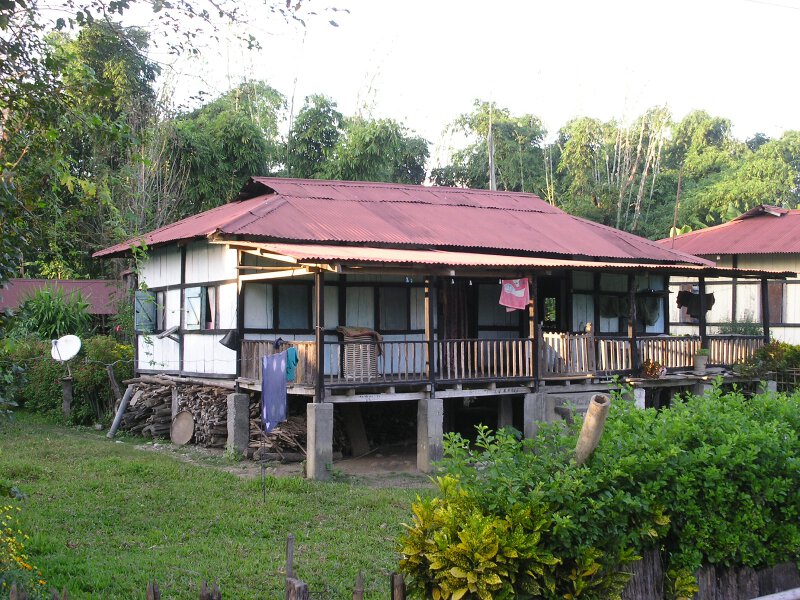
A house in Tezu settlement (2006) Copyright Thomas Kauffmann
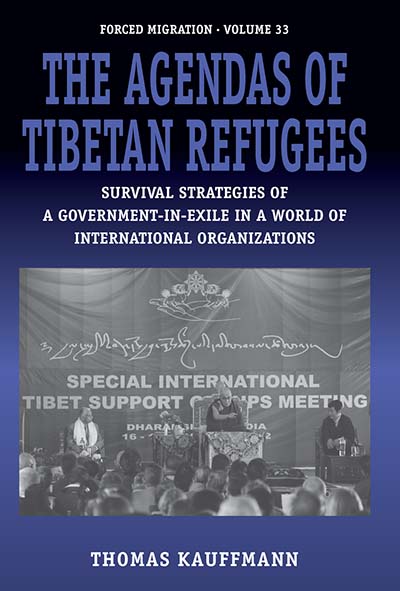
Series
Volume 33
Forced Migration
Email Newsletters
Sign up for our email newsletters to get customized updates on new Berghahn publications.
The Agendas of Tibetan Refugees
Survival Strategies of a Government-in-Exile in a World of International Organizations
Thomas Kauffmann
226 pages, 17 illus., bibliog., index
ISBN 978-1-78238-282-9 $135.00/£104.00 / Hb / Published (September 2015)
ISBN 978-1-78533-831-1 $34.95/£27.95 / Pb / Published (April 2018)
eISBN 978-1-78238-283-6 eBook
Reviews
“Kauffmann has made an important contribution to scholarship on the transnational sphere of international development as it concerns Tibetans. This book, which aims to give readers the Tibetan perspective on the phenomenon, is an essential update to previous works on the subject.” • Julia Hess, University of New Mexico
“The way in which Tibetan religion has been essentialized, commodified, and instrumentalized [in this book] is really very good indeed… The description and discussion of the Tibet movement… is first-rate.” • David N. Gellner, Oxford University
Description
Since the arrival of the first Tibetans in exile in 1959, a vast and continuous wave of international – especially Western – support has permitted these refugees to survive and even to flourish in their temporary places of residence. Today, these Tibetan refugees continue to attract assistance from Western governments, organizations and individuals, while other refugee populations are largely forgotten in the international agenda. This book shows and discusses how Tibetan refugees continue to attract resources, due, notably, to the dissemination of their political and religious agendas, as well as how a movement of Western supporters, born in very different conditions, guaranteed a unique relationship with these refugees.
Thomas Kauffmann is the Director of an International NGO and holds a Doctorate in Anthropology from the University of Oxford.




